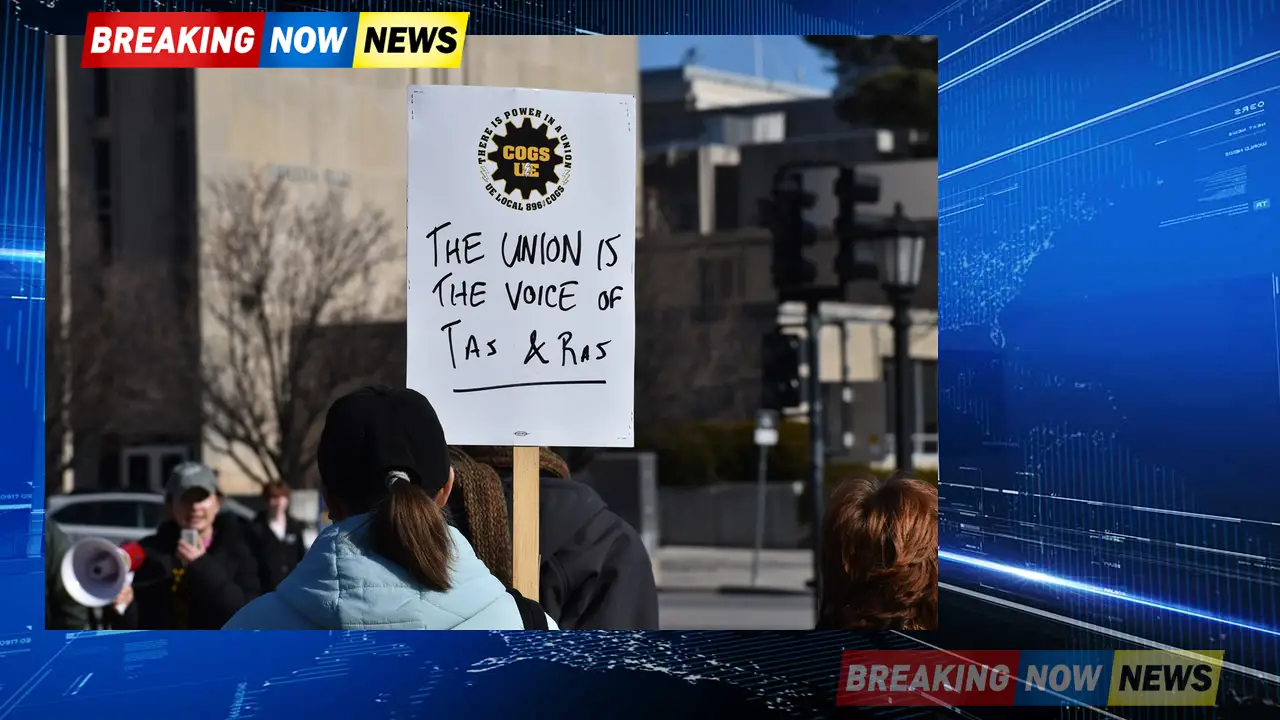- May 10, 2025
-

-
-
Loading

Loading


In a bold move that has sparked widespread discussion, the Council of Graduate Students (COGS) at the University of Iowa has rejected a pay raise offer from the Iowa Board of Regents during their first bargaining meeting. This decision highlights growing tensions between faculty and administration over fair compensation and working conditions in higher education.
The Iowa Board of Regents proposed a modest pay increase for graduate students, which COGS representatives argue falls short of addressing the rising cost of living and the essential role graduate students play in the university's operations. The rejection underscores the ongoing struggle for equitable wages in academia, particularly as inflation and economic pressures continue to impact workers nationwide.
With the first offer rejected, both sides are preparing for further discussions. COGS is expected to present a counteroffer that addresses their core concerns, while the Board of Regents will need to reassess their priorities to reach a compromise. The outcome of these negotiations could set a precedent for other universities grappling with similar issues.
This standoff is not unique to Iowa. Across the country, graduate students and faculty are demanding better pay, benefits, and working conditions. The rejection of the pay raise offer reflects a broader movement within higher education to prioritize the well-being of those who contribute significantly to teaching and research.
This situation raises important questions about the future of higher education and the value we place on those who drive its success. Share your thoughts and join the conversation!
Comments
Leave a Reply